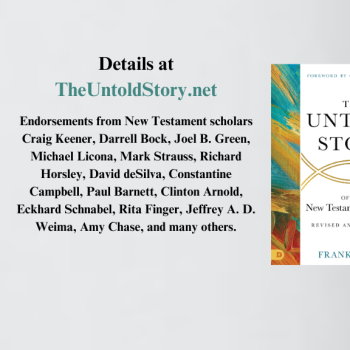In the second of these cases, it is particularly obvious that Smith did not use the word translate as we might, for there is no original text from which he purports to have translated the Book of Moses. Instead, he received that book as a revelation, a revelation that was partly in response to the artifact of the family Bible. Nevertheless, Smith referred to the work of receiving that revelation and the rest of his revision of the Bible—none of which involved an original text—as translation (see, for example, Doctrine and Covenants 37:1).
Though we may find Smith's reliance on physical artifacts for revelation disconcerting, it clearly did not disconcert early Mormons. For them, the important truth was that Joseph Smith was a prophet who received revelation. And those who rejected Smith as a prophet did so primarily for other reasons than his methods of receiving revelation. It appears that not only is the content of revelation suited to the time and place in which it appears (D&C 1:24, but so are the means.
Early in Smith's career as a prophet, the Book of Mormon itself tells us what Smith's method of translation would be. In it, speaking to the future translator of the Book of Mormon, the Lord says "thou shalt read the words which I shall give unto thee" (2 Nephi 27:20).
Smith received the words he recorded from God rather than through any process that we today would recognize as translation. That notion of revelation is at the heart of what Smith meant by translation. He claimed to be transmitting texts from the ancient world received by revelation, revelation that required physical objects as tools and occasions, but that were nevertheless fully revelations from God.
Though Joseph Smith may sometimes have believed that he was rendering an ancient text that he had before him into English, for Mormons revelation is a better explanation of what was going on, an explanation not at all incompatible with Smith's own explanations.
In fact, early Mormons knew that scholars were likely to reject the accuracy of Smith's translations, but they scorned that rejection on the grounds that Smith's revelations gave them access to ancient texts that scholars could not have (Brown, "Joseph (Smith)" 51). Scholarly translation and Joseph Smith's translations were, strictly speaking, not of the same kind and, so, not able to be compared.
Understanding the Book of Mormon, the Book of Moses, and the Book of Abraham as revelations transmitted—translated in Joseph Smith's terms, though not ours—through him acting as a prophet is an equally viable option for contemporary Mormons.
UPDATED on April 2, 2012





